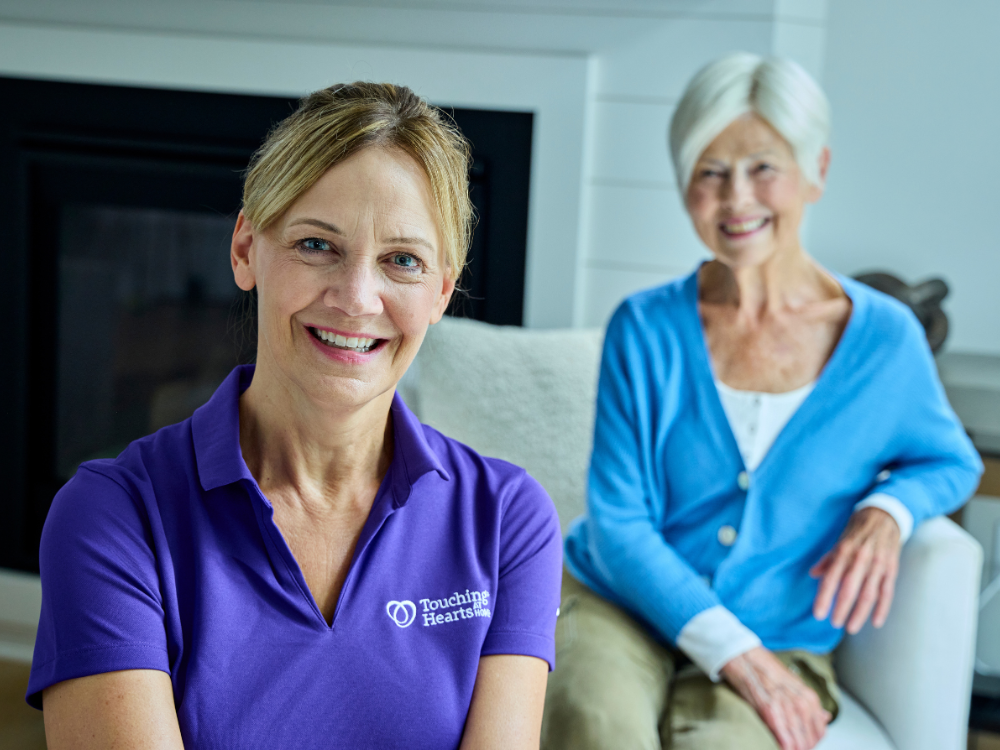Dementia and Montessori: Which Methods Work?
As you care for your elderly loved one, you may need to find new ways to interact with them. This is especially true if your elderly loved one has dementia or another neurodegenerative condition.
There are so many different learning methods that can boost memory and help senior citizens to focus better. One of these methods is called Montessori. The activities noted below follow this teaching and learning method.
Matching Socks
Does your elderly loved one have a tough time doing the laundry anymore? Maybe, they forgot how to use the washer and dryer. It could just be that they have a tough time carrying laundry baskets full of clothes back and forth across their house. No matter what the case may be, there are still some ways that your elderly loved one can help you or an elder care provider with the laundry. One option that follows the Montessori method is to have them match socks. This will help keep their hands busy and use their brain to focus on matching colors and types of socks.
Doing Puzzles

Another Montessori based activity that you or elder care providers can do with your elderly loved one is puzzles. There are so many different kinds of puzzles that would be good for your elderly loved one. Some of these options include:
- Jigsaw puzzles
- Board piece puzzles
- Brain game puzzles
Each one of these puzzles can help to improve your elderly loved one’s learning processes and memory.
Helping in the Kitchen
If your elderly loved one has a neurodegenerative condition, you or elder care providers may have taken over on the cooking. However, there may still be some ways that your elderly loved one can help in the kitchen. For example, your elderly loved one may be able to mix the ingredients in a bowl when you are baking. They may be able to do tasks such as setting the table when you or an elder care provider is making dinner.
Conclusion
Each one of these Montessori methods can help your elderly loved one to keep their brain active. If your elderly loved one is dealing with memory loss or other concentration issues, you should set up times for them to do these activities regularly.
If you continue to be concerned about your elderly loved one’s lack of ability to do even these tasks, make sure you have them see their doctor. The doctor may have other recommendations on what your elderly loved one can help with to keep their brain as active as possible for as long as possible.
Sources
https://www.psychologytoday.com/us/blog/brain-workout/200904/puzzles-and-the-brain
https://www.ncbi.nlm.nih.gov/pmc/articles/PMC3600589/


